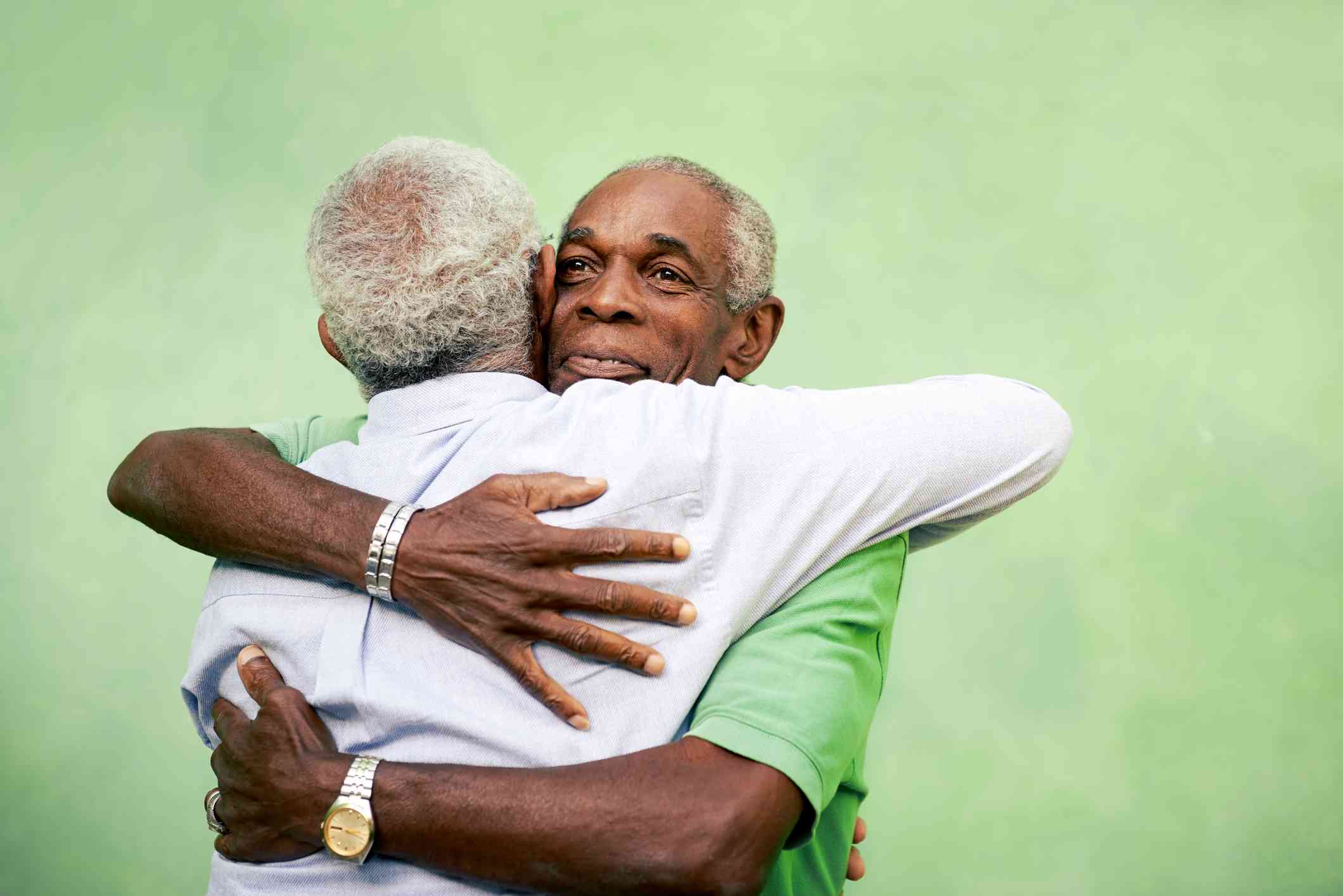Private Post Operative Care at Home
Understanding the home care you’ll require post-surgery can feel confusing, but our nurse managers are experts at advising you on the level of support you may require and we continually adapt as your care needs change.
We can also facilitate your discharge from the hospital by coordinating with your surgeon and the hospital discharge team to organise everything prior to your return home, taking the stress from you and your loved ones.
Contact Us Today
Why Choose Cavendish Homecare for Post-Operative Care?
Proper preparation before your operation is essential. It may involve temporary or long-term adjustments, such as acquiring specific equipment, establishing effective rehabilitation routines, meticulously managing medication regimens, and arranging assistance with daily activities.
Receiving expert post-operative nursing care at home plays a vital role in smoothly transitioning your care following your operation. Our compassionate and highly skilled nurses and carers are specialists at post-operative recovery. Whether you need accompaniment immediately after surgery to get you home, support in the following days once you have returned home or if you require visits to monitor your condition and provide guidance, they are here for you.
Your dedicated care team will assist you in regaining mobility, and returning to your routine, ensuring these activities align with your stage of recovery while providing the necessary emotional support during this critical time.
Our Post-Operative Care Services Include:
Support from hospital to home
Whether you need accompaniment immediately after surgery to get you home, support in the following days once you have returned home or if you require visits to monitor your condition and provide guidance, our nurses and carers are specialists at post-operative recovery.
Flexible care packages subject to your recovery
Our flexible care packages can be tailored to your specific needs, whether it’s daily visits or live-in care.
Pain management and assistance with prescribed medications
Our nurses can assist you with managing pain medication and understanding your prescriptions.
Guidance and rehabilitation advice for full recovery
Your dedicated care team will provide guidance and rehabilitation advice to ensure a full recovery.
Assistance with activities of daily living
Our carers can assist you with activities of daily living such as bathing, dressing, and meal preparation.
Live-in care or visiting care to support recuperation
We offer live-in care or visiting care to provide the support you need during recuperation.
Wound care
Our private home care nurses specialise in meticulous wound care, promoting effective healing and minimising infection risks. They also provide personalised guidance and recommendations for continued self-care, empowering you to manage your wound efficiently.
Support with mobilising and exercise in alignment with your medical advice
Our nurses can help you with mobilising and exercise routines that align with your doctor’s recommendations.
Get in touch to find out more about our Care Services
020 3993 7556
Contact Us
I want to find out more about…
FAQ's
For some people, the outcome of their surgery may mean they need to have temporary care arranged. Post-operative care at home is care given after you have had a surgical procedure to ensure proper recovery, whether it is accompaniment to safely get you home after surgery, supporting you overnight, providing assistance with mobility and medication or monitoring your observations, our nurses and carers can work with you from the moment you are discharged until you make a full recovery.
The type of post-operative care you will receive will depend on the surgery you have had. Post-operative care can include personal care tailored to the patient’s needs, assistance with mobility, wound care, physical therapy, pain management, medication assistance, housekeeping, transport to and from appointments and meal preparation.
It is important to ensure you are well prepared prior to entering the hospital to ensure you can continue with your rehabilitation when you are discharged. Safety at home after surgery is paramount. It may be necessary to make temporary or longer-term changes to your home if your surgery will make a difference to your mobility, especially if your home requires access via stairs.
Areas of consideration are specialist equipment including handrails, stairlifts and a hoist. It is also important to make sure any medications you are taking are ordered from the pharmacy.
When recovering from surgery it is important to make sure you are doing everything as advised by your clinicians to ensure a successful recovery. If you have a dressing on the area operated on, follow the instructions your surgeon gave you to care for your wound at home.
Try to move around as soon as possible and follow your doctor’s advice on getting active again. Follow any specific exercises recommenced by your doctor or phsio. This will encourage your blood to flow and your wounds to heal.
Make sure you are staying hydrated and eating a healthy diet and ensure you are getting plenty of rest.
Maintaining a balanced and nutritious diet post-surgery is critical for optimal recovery and overall well-being. By making smart food choices, you can actively participate in your healing process and return to your full strength faster. Always consult your doctor or a registered dietitian for personalised guidance regarding your post-surgery diet as you may have to adapt your means of eating and drinking as a result of your surgery.
Resting after surgery is crucial for your body to heal properly and avoid complications. Listen to your body, prioritise sleep, and adhere to your doctor’s instructions for gentle movement to optimise your healing journey.
Recovering from surgery at home requires planning and collaboration with your doctor. Discuss activity limitations, healing timeline, and post-operative care to prepare your home environment. By working with your doctor and adapting your home, you can ensure a smooth and successful recovery while preventing complications.
Following surgery, personalised post-operative nursing care plans can seamlessly support your recovery at home. It prioritises your well-being, preventing complications, and maximising mobility through pain management, wound care, and rehabilitation exercises. It also includes nutritional support, emotional guidance, and education for a smooth transition back home.
What our clients say about us….
The enquiry process
Initial Enquiry
An initial enquiry is taken when you call on behalf of yourself or someone else. An initial enquiry can be via a phone call, submitting a contact form or an email. Your enquiry is then picked up by the office team who will gather the information and pass it through to one of our nurse managers.
Call Back from Nurse Manager
One of the experienced nurse managers will give you a call back to discuss the needs in more detail and to provide their expert recommendation on the care that may be required. They will then discuss with you, what Cavendish Homecare may be able to provide, what the cost is and what timescale we would be able to commence your care.
Selection of Staff
Once an initial agreement is established, the nursing manager will start working with the bookings team to determine the most suitable nurse and/or carer are best matched with your needs.
Proposed agreement
Following the tailored care recommendation and the selection of staff. We ensure you (the client) are happy with the proposed course of action and the care is able to commence. In some cases, an assessment visit may be required and this will be undertaken by one of our nurse managers.

Active Client
You will begin receiving outstanding homecare from our team, tailored to your needs. Your care plan will be under constant review to ensure the correct level of care is addressing your needs and being provided at all times.
An initial enquiry is taken when you call on behalf of yourself or someone else. An initial enquiry can be via a phone call, submitting a contact form or an email. Your enquiry is then picked up by the office team who will gather the information and pass it through to one of our nurse managers.
 Back
Back








